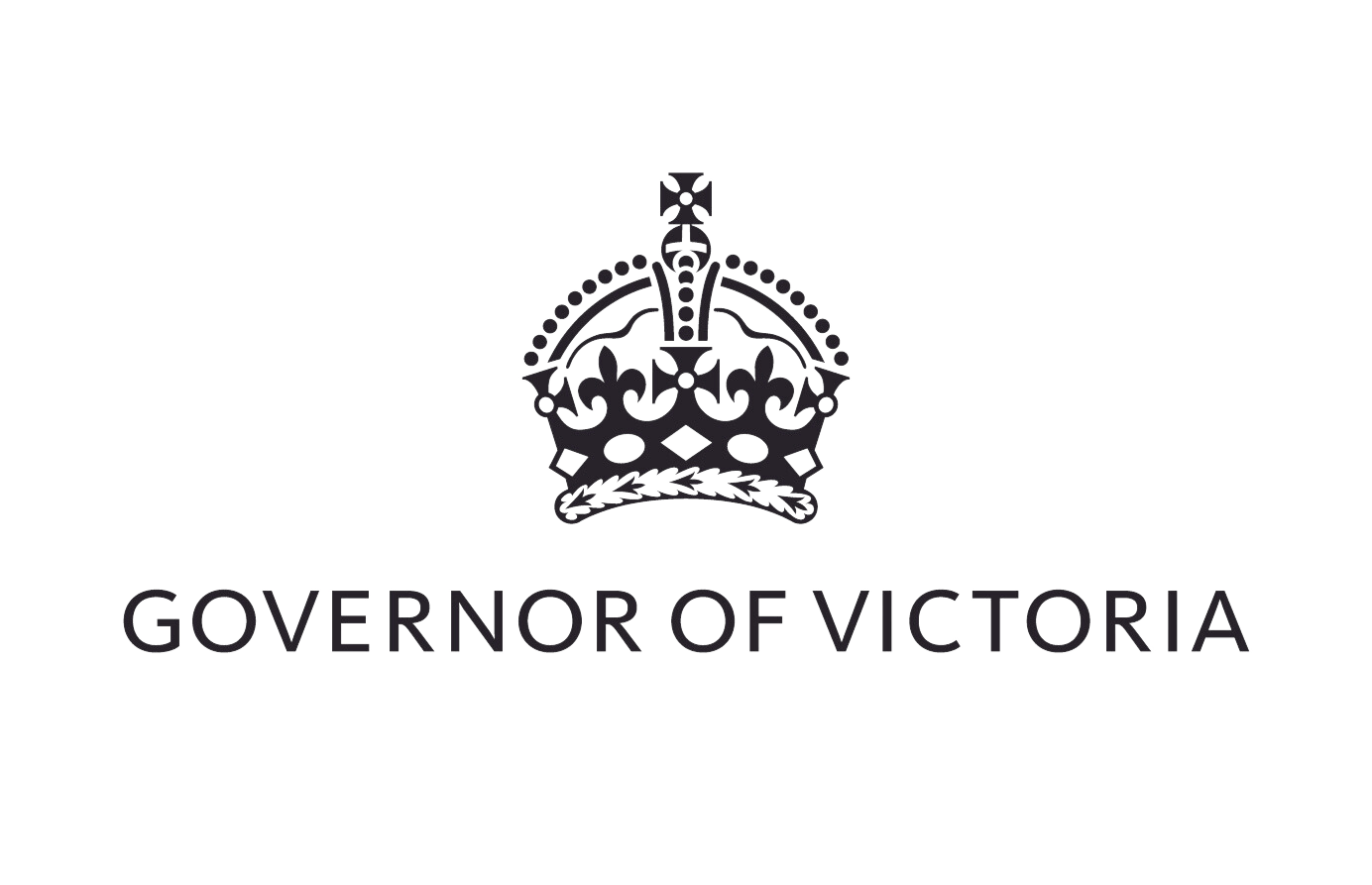
Speech given by the Governor of Victoria at Hindmarsh Council, Nhill.
I begin by acknowledging the Traditional Owners of the unceded lands on which this building stands – Wotjobaluk, Jaadwa, Jadawadjali, Wergaia and Jupagalk Nations as Traditional Owners of Country and pay my respects to their Elders, past and present and thank you in particular to Uncle Ron Marks for the warm Welcome to Country.
I’d like to start by reading an excerpt of a poem by one of Nhill’s most well-known residents, John Shaw Neilson:
Could we know the wild emotions
Of a single human heart,
All its madd’ning cares and crosses,
As it plays its little part,
We should love each other better,
We should count all kindness dear,
For the tales that are the saddest
Are the tales we never hear.
Neilson created this work at the age of 21, writing it from his famous Cottage, which now stands just a stone's throw from where we gather today.
While he would later reflect on the beauty of the Wimmera in his poetry, this particular work holds a special connection to Nhill.
The poem was submitted to the Australian Natives' Association, the driving force behind Federation at that time.
Both Neilson and his father won prizes for their entries in the competition.
They even attempted to sell the poem door to door right here in Nhill.
Of the hundreds they printed, it's said that not many were sold.
But regardless of their sales, it was in Nhill that Neilson – the self-taught poet – experienced early success, which instilled confidence in his literary ability.
This region and its people stand out in Victorian history as a place of unique character, ingenuity and resourcefulness.
One early settler of the Wimmera region recalled how 40 or 50 swagmen would emerge from the bush a month before shearing time to offer their services.
Neilson himself claimed to have had more than 200 different employers as he wandered around the region over three decades.
While so much has changed since then, it’s clear to see this spirit of initiative and enterprise still exists today.
In keeping with its history of unique characteristics, Nhill is now home to a large population of Karen refugees, whom I had the pleasure of meeting today.
While the landscape of the Wimmera is truly breathtaking, it’s quite different from the humid jungles of Myanmar.
And yet, the Karen community are proud to call this place ‘home’.
This is not only a testament to the resilience of the Karen people but also to the warmth of the Nhill community, especially two locals joining us tonight, John Millington and Margaret Millington.
Speaking little of the local language, in a foreign land and with little means, the Karen people initially faced significant challenges adapting to life in Australia.
That was until they first heard of a place called Nhill, and a then little-known poultry farm called ‘Luv-A-Duck’.
Moving towns is difficult for anyone, but it’s particularly difficult when you’re a stranger, in a strange land. Naturally, there was some apprehension.
But when around 30 Karen migrants visited Nhill for a weekend trip to see the town in person, something remarkable happened.
By Monday morning, they were asking if they could move here by the end of the week.
John and Margerat Millington worked tirelessly to ensure that the Karen people felt safe and supported in their new hometown.
And together, the two communities embraced one another.
Strangers became neighbours, and the strange land became familiar.
As Neilson wrote in his poem: “We should count all kindness dear.”
Both the Karen people and the Nhill community have lived by these words.
And the prosperity that this partnership has created is evident for all to see.
It is a great pleasure to come here, to speak with you and to hear these stories.
While the role of Governor no longer holds the kinds of powers that it did in the days of John Shaw Neilson, it is still here to listen to the experiences of all Victorians.
These experiences bring life to the conversations with decision-makers, civic leaders and delegations visiting from overseas.
I look forward to hearing more of these stories in the coming days and discussing your aspirations for the future.
Lastly, it’d be remiss of me not to acknowledge Olympian Lucy Stephan, who was born and bred in Nhill – and to congratulate her on representing Australia alongside her team in the Women's Eight at the Paris Olympics.
Thank you for welcoming me into your town.
I look forward to seeing Nhill, and the Wimmera, continue to go from strength to strength.
